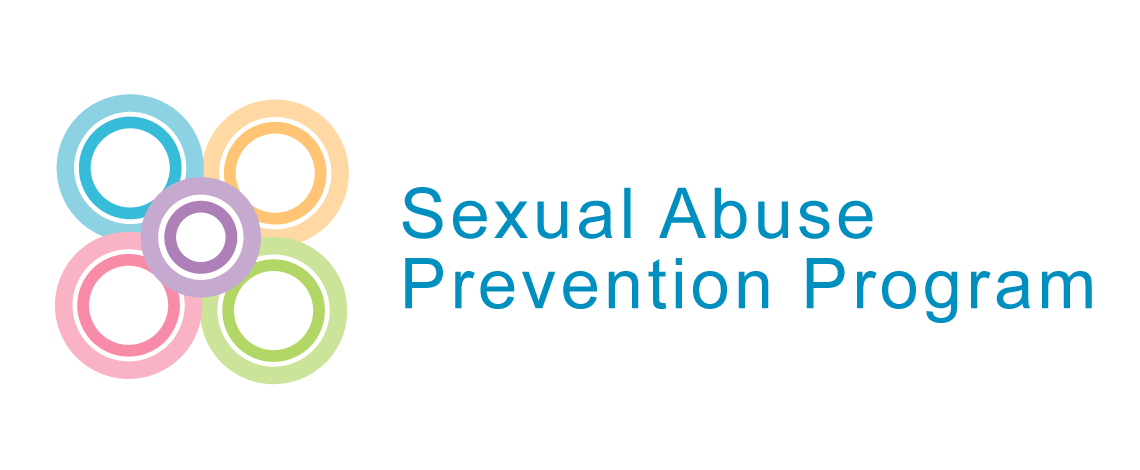Employer Newsletter – Spring 2022

Introducing the Sexual Abuse Prevention Program
Employers of registered early childhood educators (RECEs) will want to be aware of the new Sexual Abuse Prevention Program mandated by the provincial government and introduced to College members earlier this year. Below is a program overview and ways to support RECEs working in your organization.
Program Overview. In December 2020, the provincial government passed legislation to add the program to the Early Childhood Educators Act. The new legislation came into effect in January 2022.
This requirement is ground-breaking and positions Ontario as a leader in child protection as it is the first time such a requirement has been applied to non-health professionals. No such requirement exists outside Ontario. The College welcomes these changes as the development of the Sexual Abuse Prevention Program builds on the skills and knowledge RECEs already have in this area and provides an opportunity to reinforce the position of trust they have with families and their community in terms of child protection.
Online Education Begins in July. Throughout the year, RECEs will have opportunities to expand their knowledge with the latest information on child sexual abuse and prevention. In July, online education and practical tools will be launched in partnership with the Canadian Center for Child Protection. The flexible online learning modules will be available any time at no cost to members, as part of the Continuous Professional Learning (CPL) program.
Trauma-Informed Approach to Education. We understand child sexual abuse is a sensitive topic that may resonate with many people on a personal level. The College is providing advanced notice of the CPL requirement, giving members time to prepare in a way that is best for them. Considerations have been built into the education content and structure to support various learner needs.
Ways Employers Can Support RECEs
You can support by learning about the program, providing opportunities for discussion, sharing of resources, and offering time for RECEs to complete the mandatory educational program.
You also have the opportunity to support other child care and early years staff and families by accessing C3P resources.
For more information, visit our website

How Your Mandatory Employer Report Helps Protect Children
Employers play a crucial role in protecting the safety of children and their families. As an employer, your report ensures the College is alerted when there is a concern with an RECE’s conduct or practice.
Once you submit a Mandatory Employer Report (MER), the matter goes through a number of steps before it may be considered by the College’s Complaints Committee – composed of experienced RECEs and members of the public appointed by the Ontario government.
It is important to note that a MER and all information related to the Report is considered confidential, and only used for the purposes of carrying out the College’s objectives. This is an obligation under the Early Childhood Educators Act.
MERs help protect the public in two important ways – first by allowing the College to take appropriate action to address the conduct of individual members, and second by generating data that helps the College identify trends across the sector and develop resources to proactively prevent future harm.
Initial Review and Risk Assessment – Intake
The College’s Intake staff will conduct an initial review of the MER and may request further information and supporting documentation from the employer to inform the review of the concerns raised about an RECE’s practice. Not every MER may result in a formal investigation. With your report, the College can evaluate the level of risk associated with the concerns raised about the RECE and take appropriate steps to protect the public.
Cases are assigned for investigation immediately when the risk to the public is assessed as high. If the risk is assessed to be moderately low or low, the Registrar of the College, after a review of the MER, may direct a remedial approach involving reflection-based strategies to ensure public protection, or direct the matter for an investigation.
A remedial approach involving reflection-based strategies often involves providing the RECE with reminders and various resources that are aimed at supporting and strengthening their practice through guidance on the College’s expectations under the Code of Ethics and Standards of Practice (“Code and Standards”). Through this approach, the College emphasizes reflection on the expectations of the profession, while providing information on how the RECE can practically apply the ethical values, principles, knowledge, and skills set out in the Code and Standards to their role within their practice environment.
The MER, along with the remedial guidance provided, forms part of the RECE’s file with the College and may be considered by the College if concerns regarding the RECE’s conduct are raised in future.
Investigation
If an investigation is warranted, a College Investigator may interview and/or seek additional documentation from an employer or any other individuals who have relevant information to the concerns raised.
The RECE will receive notification of the investigation at the onset of investigation and will have 60 days in which to provide a written response. The RECE is also given an additional opportunity to provide a written response at the conclusion of the investigation, prior to the matter going before the Complaints Committee to make a decision.
The College must conduct a fair, objective, and adequate investigation.
RECEs have the right to:
- Impartial investigation;
- Seek legal assistance;
- Be provided with information gathered during the investigation;
- Provide a written response as part of the investigation, both at the onset of an investigation and at the completion of the investigation;
- A reasonable amount of time to complete the investigation;
- Consideration of the investigation results by a Complaints Committee comprised of practicing RECEs and members of the public who are free from any conflict of interest; and
- a formal, written decision of the Complaints Committee.
Decision Process
The Complaints Committee conducts a thorough review of all the information the College Investigator has gathered, including the written responses as well as any prior decisions the College has made involving the RECE.
The RECE, the reporting employer and the current employer, if different from the reporting employer, will receive a written copy of the Complaints Committee decision. The Complaints Committee must provide reasons for its decision for cases that involve no further action or verbal caution.
Stay tuned for our next issue for more information about Complaints Committee Decisions.
*To learn more about when to submit MER, read our article Scenarios for submitting Mandatory Employer Reports

ICYMI: Annual Meeting of Members Highlights
On January 12, the College hosted its 13th Annual Meeting of Members (AMM). The purpose of the AMM was to share highlights of the College’s accomplishments and results for the fiscal year 2020-2021.
The Funding for Therapy and Counselling Committee Chair also shared a summary of their work to protect the best interest of children and families.
Watch highlights from the AMM and read the related Annual Report.